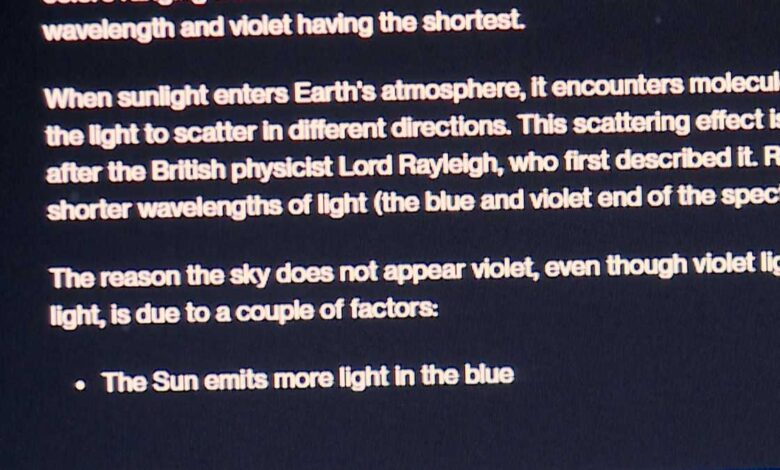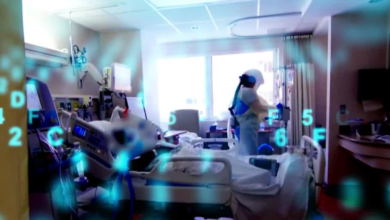Bill would require notification of content generated by artificial intelligence

It’s becoming easier to generate text and multimedia with artificial intelligence, but should you be notified if the sales pitch you’re watching or listening to wasn’t crafted by a human?Under legislation passed Wednesday in the Pennsylvania House of Representatives, AI-generated content would need to come with a disclosure of what produced the text, audio, video, or images that are being depicted.The measure passed 146 to 54 in the House, primarily on the strength of Democrats. It heads to the Senate for consideration.Rep. Chris Pielli, D-West Chester, said the measure was intended to protect consumers from deceptive marketing and scams.”When you buy something, it’s ‘buyer beware,’ but how can we continue to put that obligation on our consumers when the product they’re looking at might not be real?” Pielli said in a Zoom interview on Thursday morning.Policing of the new disclosure requirement would be enabled through the commonwealth’s existing fair trade and consumer protection laws.Charles Palmer, executive director of Harrisburg University’s Center for Advanced Entertainment & Learning Technologies, said it’s getting harder and harder to discern which content is being generated by artificial intelligence.However, Palmer noted that enforcing the proposed law could be difficult in the age of the internet, and content creators who use artificial intelligence with good intentions would be subject to new requirements that could complicate their work.”There are so many uses for AI that we use on a day-to-day basis that it will actually start costing more time and resources in order to think about staying within the guidelines. In this case for Pennsylvanians, there could be a lot of cost in doing this,” he said.Pielli said he believes the state needs to consider putting guardrails in place for the emerging technology sooner rather than later.”We as legislators can’t just sit on our duffs and wait,” he said. “Wait for what?”
It’s becoming easier to generate text and multimedia with artificial intelligence, but should you be notified if the sales pitch you’re watching or listening to wasn’t crafted by a human?
Under legislation passed Wednesday in the Pennsylvania House of Representatives, AI-generated content would need to come with a disclosure of what produced the text, audio, video, or images that are being depicted.
The measure passed 146 to 54 in the House, primarily on the strength of Democrats. It heads to the Senate for consideration.
Rep. Chris Pielli, D-West Chester, said the measure was intended to protect consumers from deceptive marketing and scams.
“When you buy something, it’s ‘buyer beware,’ but how can we continue to put that obligation on our consumers when the product they’re looking at might not be real?” Pielli said in a Zoom interview on Thursday morning.
Policing of the new disclosure requirement would be enabled through the commonwealth’s existing fair trade and consumer protection laws.
Charles Palmer, executive director of Harrisburg University’s Center for Advanced Entertainment & Learning Technologies, said it’s getting harder and harder to discern which content is being generated by artificial intelligence.
However, Palmer noted that enforcing the proposed law could be difficult in the age of the internet, and content creators who use artificial intelligence with good intentions would be subject to new requirements that could complicate their work.
“There are so many uses for AI that we use on a day-to-day basis that it will actually start costing more time and resources in order to think about staying within the guidelines. In this case for Pennsylvanians, there could be a lot of cost in doing this,” he said.
Pielli said he believes the state needs to consider putting guardrails in place for the emerging technology sooner rather than later.
“We as legislators can’t just sit on our duffs and wait,” he said. “Wait for what?”



